
Royal Philip, a global leader in health technology, has released the South African results of the second annual Future Health Index (FHI). The study builds on data from over 33,000 participants in 19 countries and advisory input from leading academic and global non-profit organisations.
Local findings indicate that South Africans generally evaluate their health positively, with the majority (80%) of the population rating their current health positively (good, very good or excellent), while healthcare professionals are less optimistic. Just one third (33%) of healthcare professionals agree that the overall health of the population in South Africa is positive.
Healthcare professionals’ perceptions of the health of the nation are likely driven by their perceptions of access to care, as they are less likely to agree that their patients have access to care across all phases of the continuum compared with the 19-country average.
Despite the discrepancy between the South African general population and healthcare professionals’ perception of health, the results suggest that both groups perceive they have more access to healthcare than what the system is set up for in reality, which signals that there is an opportunity to improve access to care further.
“Through the Future Health Index, we are examining current realities of how well the healthcare system is set up for the future in order to quantify the readiness of health systems across five continents to meet future healthcare challenges,” said Jasper Westerink, Chief Executive Officer of Philips Africa.
“The FHI has uncovered a number of significant areas where our healthcare system must transform if we are going to succeed in delivering long-term value-based care. With these findings as a guiding light, we are engaging all relevant parties around the table to drive the debate and ultimately improve the quality and cost effectiveness of healthcare for future generations,” he added.
Where there are distinct gaps between reality and perception, it is harder to design a clear plan for future development, as both the reality and perception need to be addressed in order to advance. There is a call for greater integration globally, as the study clearly reveals that the largest perception/reality gap globally is centred on health systems integration, which also aligns to local findings.
“The general population often have a perception that healthcare is integrated and people only find that the integration is not there once they are a patient in the system,” said Westerink.
These findings indicate that there is significant room for growth if investments are made. “Despite these barriers, the potential for global health systems to benefit from better integration remains a positive possibility, while the large local gaps indicate ample room for growth,” says Westerink. “However, the data in itself is not enough; it is vital that the findings inform robust debate at a local level in order to benchmark measurements and ultimately contribute to progress,” Westerink explained.
The local 2017 FHI results were released today at the Future of Health Summit 2017 in Johannesburg where several eminent speakers shared their experiences and case studies on the Transformation of Healthcare and the Future of Healthcare in South Africa.
Read Full Story

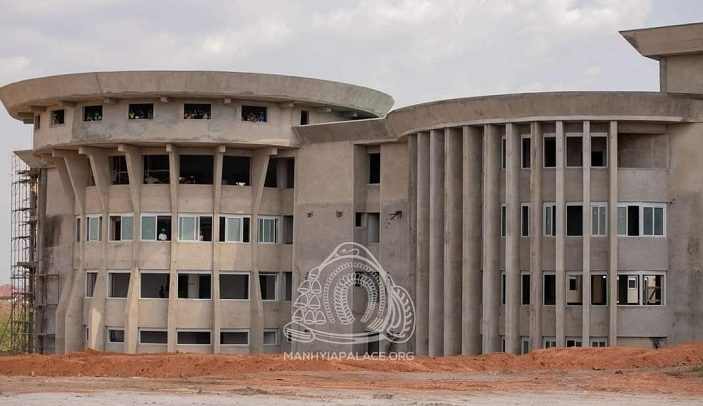
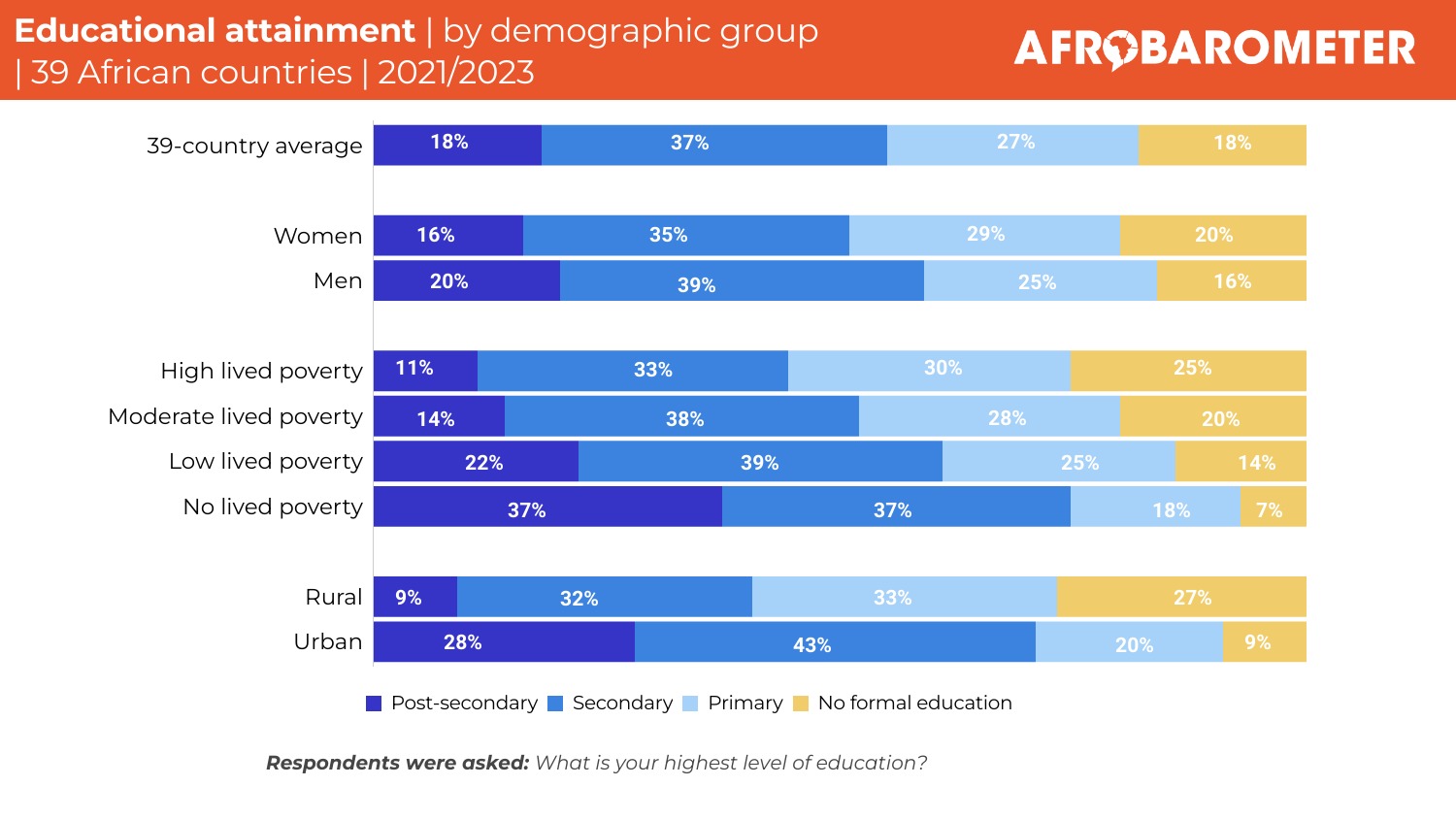
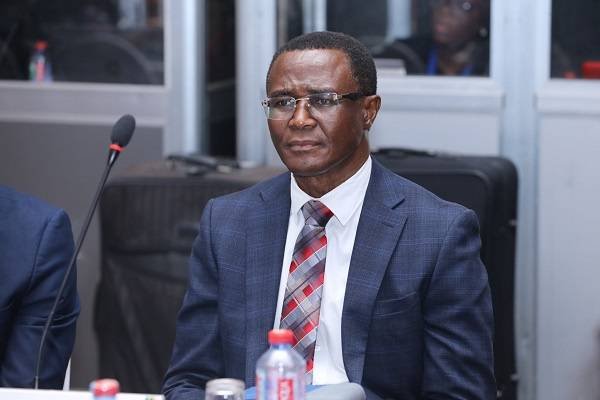








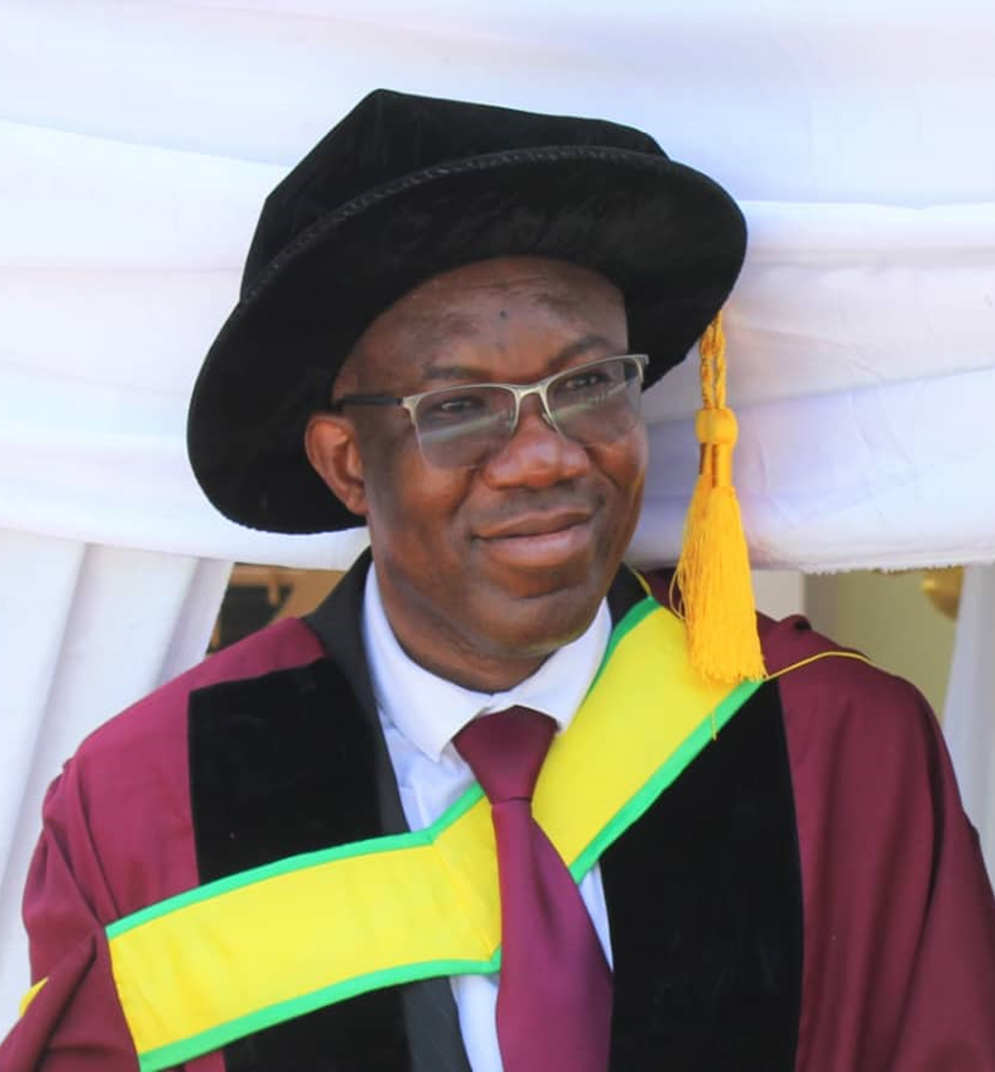
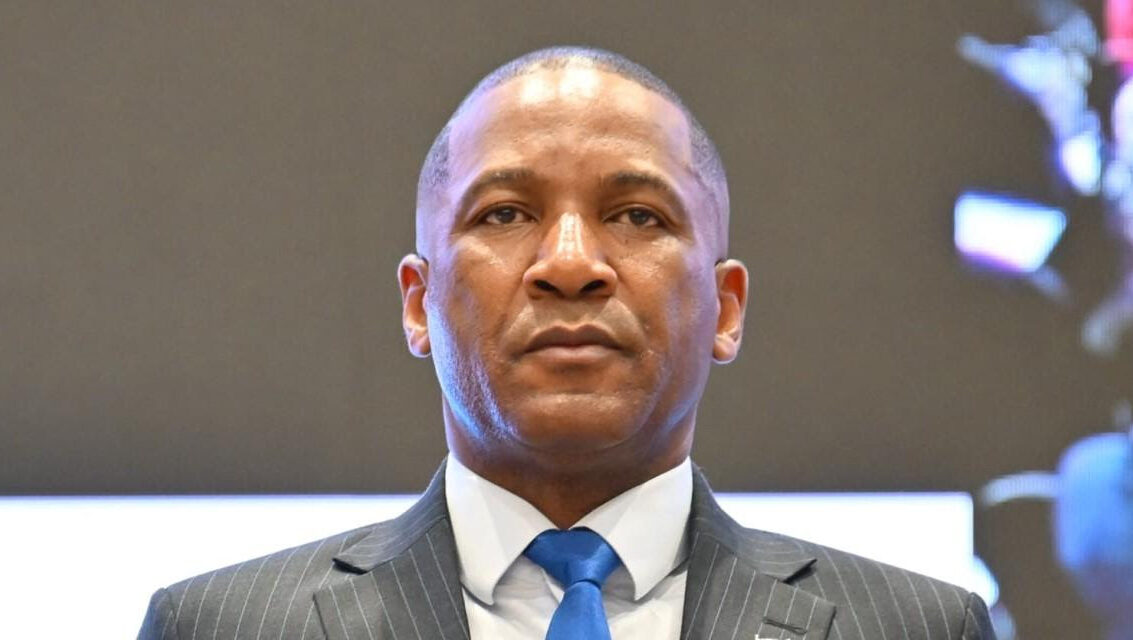


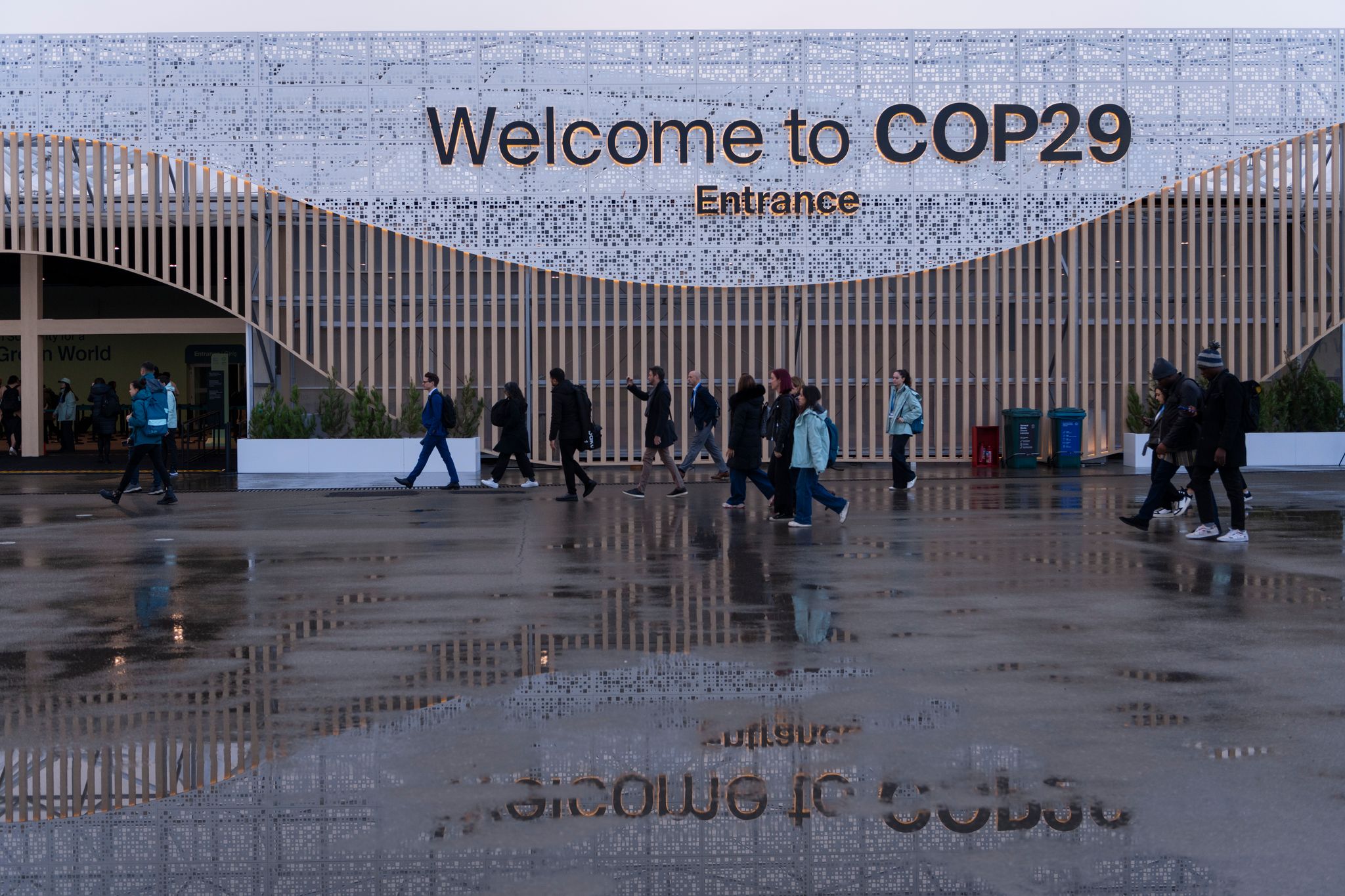
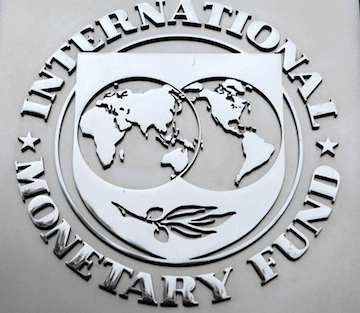
Facebook
Twitter
Pinterest
Instagram
Google+
YouTube
LinkedIn
RSS